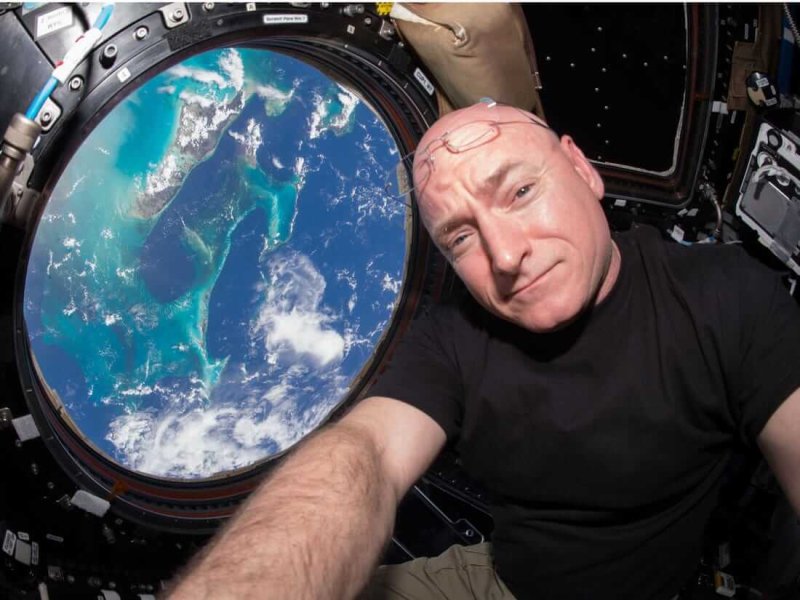Extended periods in space have long been known to cause vision problems in astronauts. Now a new study in the journal Radiology suggests that the impact of long-duration space travel is more far-reaching, potentially causing brain volume changes and pituitary gland deformation.
More than half of the crew members on the International Space Station (ISS) have reported changes to their vision following long-duration exposure to the microgravity of space. Postflight evaluation has revealed swelling of the optic nerve, retinal hemorrhage and other ocular structural changes.
Scientists have hypothesized that chronic exposure to elevated intracranial pressure, or pressure inside the head, during spaceflight is a contributing factor to these changes.
…
Dr. Kramer and colleagues performed brain MRI on 11 astronauts, including 10 men and one woman, before they traveled to the ISS. The researchers followed up with MRI studies a day after the astronauts returned, and then at several intervals throughout the ensuing year.
MRI results showed that the long-duration microgravity exposure caused expansions in the astronauts’ combined brain and cerebrospinal fluid (CSF) volumes.
…
The researchers are studying ways to counter the effects of microgravity. One option under consideration is the creation of artificial gravity using a large centrifuge that can spin people in either a sitting or prone position.































